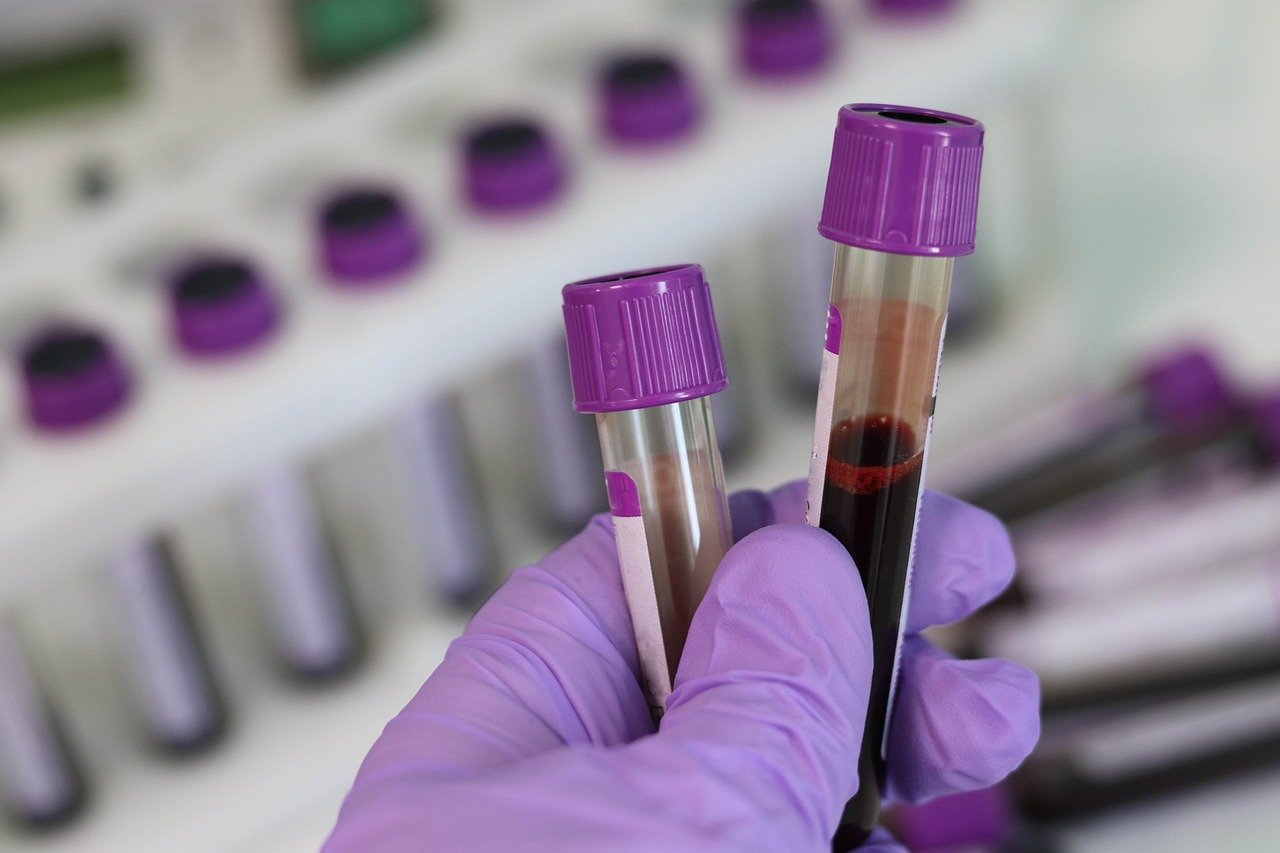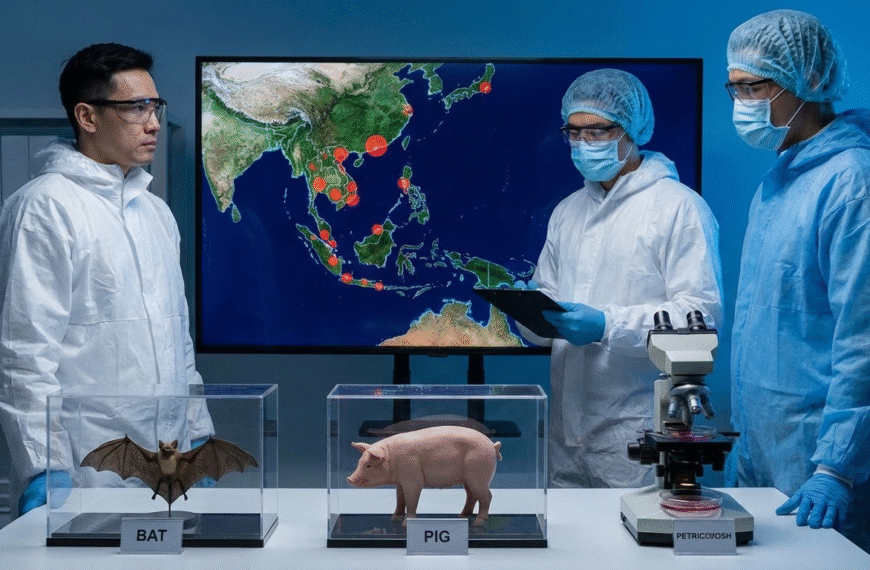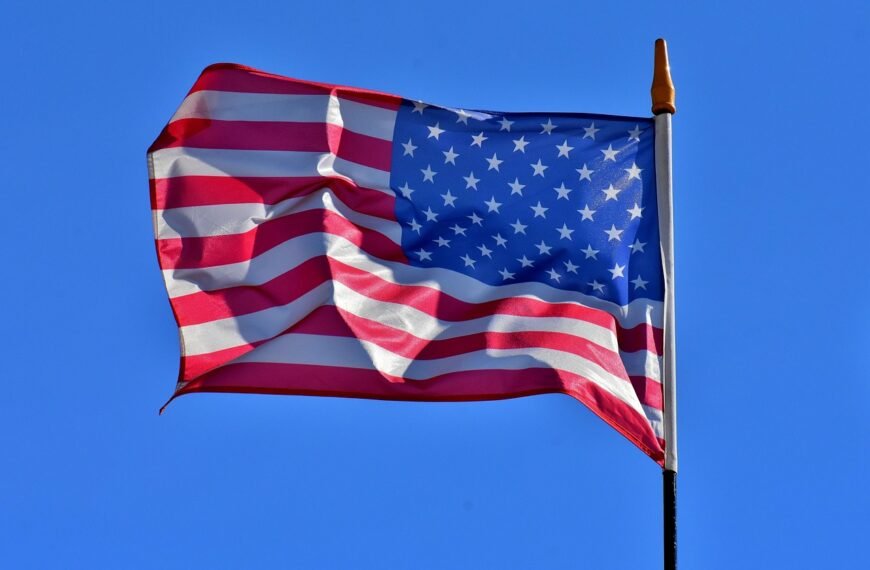China is facing growing concerns over the quality of generic medicines used in public hospitals. Patients and doctors are raising alarms about the effectiveness of these drugs, leading to rare public outrage and forcing the government to respond. While authorities claim the issue is about perception rather than reality, many believe that the push for cost-cutting has compromised drug quality and patient safety.
How the Controversy Began
The debate started in December when officials announced the list of companies awarded contracts to supply drugs to state hospitals. Almost all of them were domestic producers of generic medicines. The situation escalated in January when Dr. Zheng Minhua, a hospital director in Shanghai, publicly criticized the procurement system. He pointed out cases where antibiotics failed, blood pressure medications were ineffective, and anesthetics didn’t work as expected. His statements resonated with millions, sparking widespread discussions on social media, though much of the conversation has since been censored.
Patients have also shared their experiences. One Weibo user recounted how prescribed laxatives had no effect, forcing them to resort to drinking coffee instead. Others have turned to online platforms to purchase original brand-name drugs, fearing the inefficacy of generics. The trust deficit is growing, with people questioning whether low-cost medicines truly meet safety and efficacy standards.
Understanding the Drug Procurement System
Introduced in 2018, China’s centralized drug procurement system aims to cut healthcare costs by encouraging competition among pharmaceutical manufacturers. The process requires companies to bid for contracts, with the lowest prices typically winning. This has made domestically produced generics more dominant, as they cost significantly less than imported brand-name drugs. While the system has reportedly saved Chinese citizens billions of dollars, it has also raised concerns about quality control.
Some manufacturers offer drugs at incredibly low prices, with one aspirin bid selling for less than one cent per tablet. Experts warn that pricing pressures may force companies to cut corners, resulting in lower-quality medications. Dr. Stacy Zhang from NYU Langone Health suggests that while the system wasn’t designed to limit access to imported drugs, it may have unintentionally done so.
Questions About Quality and Data Transparency
A group of 20 doctors, including Dr. Zheng, recently submitted a proposal to authorities highlighting concerns that excessively low prices might push unethical companies to compromise drug efficacy. Doctors feel powerless, with no proper channel to escalate their feedback.
Further scrutiny arose when a Hangzhou-based doctor, Dr. Xia Zhimin, flagged identical trial data between some generics and their original counterparts. He suggested this could indicate fraudulent practices. Authorities dismissed his findings as an “editorial error,” but his article has since been removed, adding to the skepticism surrounding the system.
Healthcare Under Pressure
China’s healthcare system is already struggling due to an aging population, rising medical costs, and a shortage of funding. Public medical insurance funds are running low, and some provinces are facing financial deficits. The country is also dealing with increasing violence against medical staff, fueled by frustrations over resource limitations and declining trust in healthcare providers.
Unlike politically sensitive topics that are swiftly censored, the government has acknowledged the concerns over drug procurement. The National Healthcare Security Administration recently stated that it would seek feedback on improving the system. Experts have urged authorities to implement stronger drug evaluation standards and better oversight of pharmaceutical companies.
While China’s procurement system was designed to make healthcare more affordable, the growing distrust in generic medicines suggests that cost-cutting should not come at the expense of public health. As one social media user pointed out, the savings from cheaper drugs might be insignificant compared to the potential risks of ineffective treatments.




















